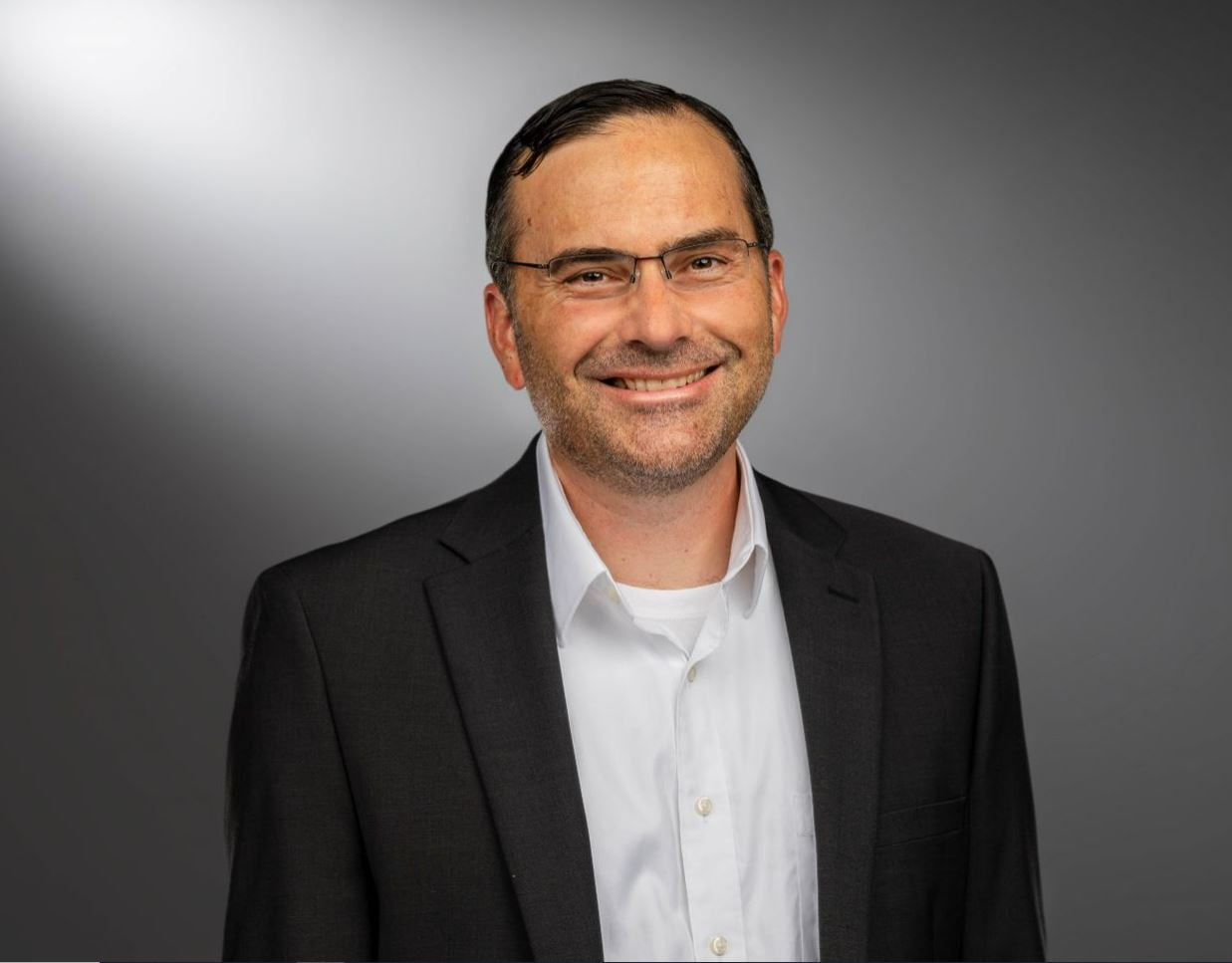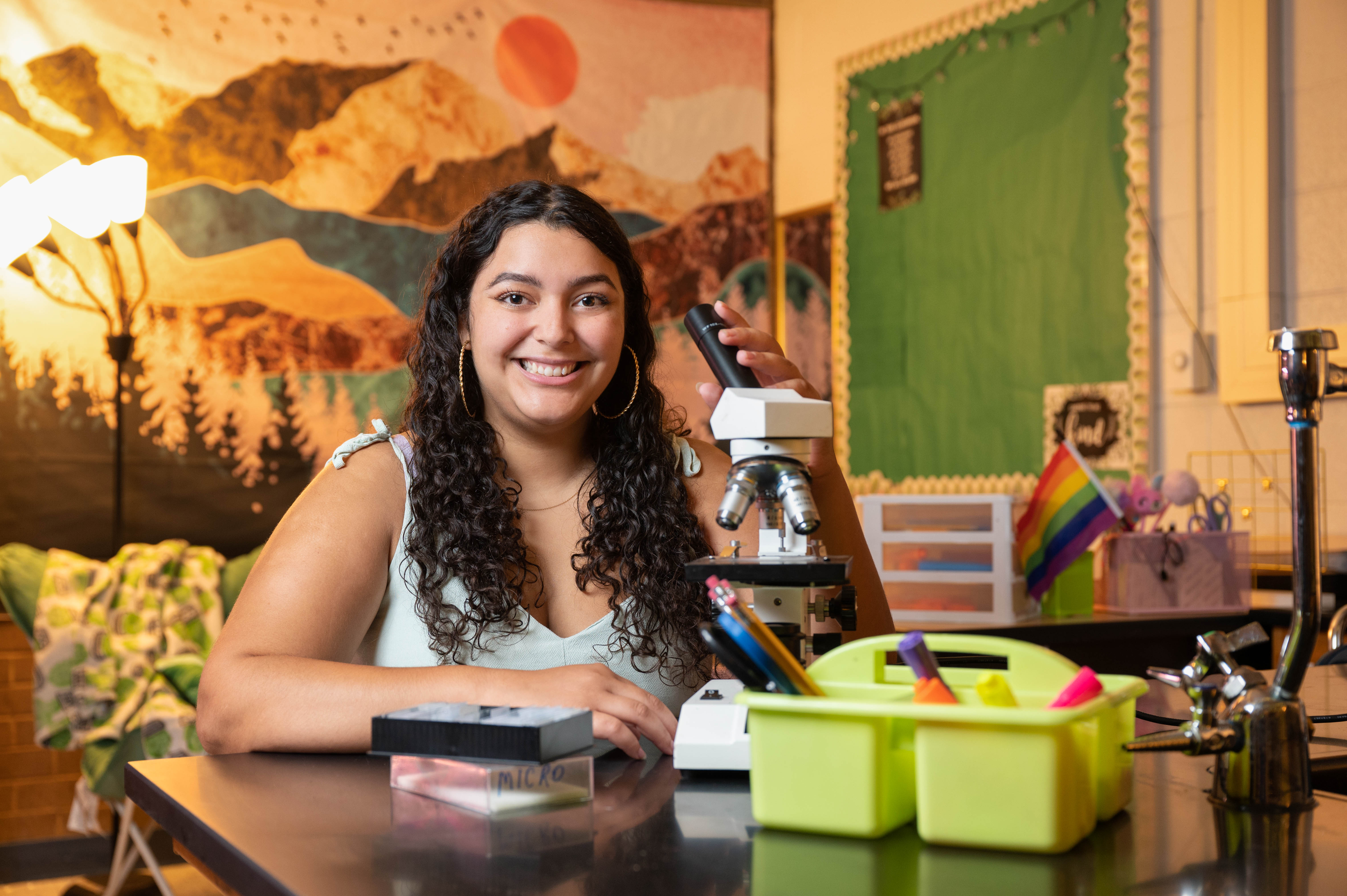Teaching future generations about climate change

Research from Cory Forbes, a Fenton Wayne Robnett Endowed Professor of Science Education at The University of Texas at Arlington, is bringing NASA climate modeling tools into high school classrooms to teach students about climate change.
“Climate change is a huge challenge,” said Forbes, department chair of curriculum and instruction and director of UTA’s STEM Education Research Collaboratorium and Resource Center. “It's imperative to prepare future generations to address it.”
With NASA’s Easy Global Climate Modeling computer model, known as EzGCM, high school students can make detailed predictions about the future of Earth's climate. They can create their own simulations, design experiments, analyze data and participate in the full scientific process.
It’s exactly the kind of work climate scientists do at NASA’s Goddard Institute for Space Studies—creating "what if" scenarios with variables like carbon dioxide in the atmosphere, sea surface temperature, cloud cover and more. Forbes’ work is part of a $1.7 million grant from the National Science Foundation.
“The demand from teachers for climate science curriculums is huge,” Forbes said. “Now students will be able to learn about Earth’s climate system and climate change in ways that they have never been able to before. The approach is novel and unique, as such tools are rarely, if ever, available in high school classrooms.”
Forbes shared the project resources, including EzGCM, and his expertise with educators during a week-long virtual workshop this summer, engaging over 60 high school teachers from across the country. The participating teachers included many from the Dallas-Fort Worth metroplex.

“I love being able to reach students who otherwise wouldn’t care about the environment or know about it,” said Amanda Del Río (’21 BA, Biology), a workshop participant and UTA alumnus. “Fifty years from now, we may not be here to see our impact on the world, but the kids I’m teaching will.”
Del Río is about to start her second year of teaching at Sam Houston High School in Arlington ISD. The Maverick alum also earned her teaching certification in life science for grades 7-12 at UTA. She said she participated in the workshop because she wanted to expand her knowledge on technology regarding climate change.
“I knew that because UTA was hosting, the workshop would be thorough and reliable,” she said. “There are so many knowledge gaps for students, and I can be the bridge between those gaps on climate change. The information I gained fits in perfectly with my curriculum and will help my students grow as learners and as people.”